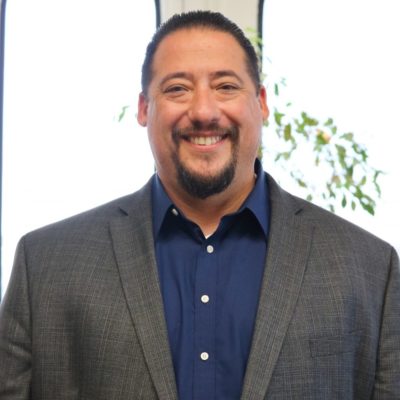In December 2020, newly-elected Los Angeles District Attorney George Gascón unveiled sweeping changes to the criminal justice system in Los Angeles County. These groundbreaking changes were a direct result of decades of tireless advocacy, education, awareness-raising and research done by activists, grassroots organizations and community members in Los Angeles County. Among these grassroots groups were the Urban Peace Institute (UPI), a grantee in our Community Well-Being portfolio, which has championed community-led solutions to public safety, justice and public health for over 17 years.
We spoke with Fernando Rejón, executive director of Urban Peace Institute, on November 24, 2020. UPI’s work is leading-edge, especially their peacemaker and gang-intervention programs. This work is also upheld by the Los Angeles Intervention Coalition, other grassroots groups and the community members themselves.
“One voice. That's a difference maker. So many different people speaking in one voice,” he said. And the loudest voice must always be that of the community residents, he insisted. Our conversation with Fernando Rejón has been edited and condensed for clarity.

